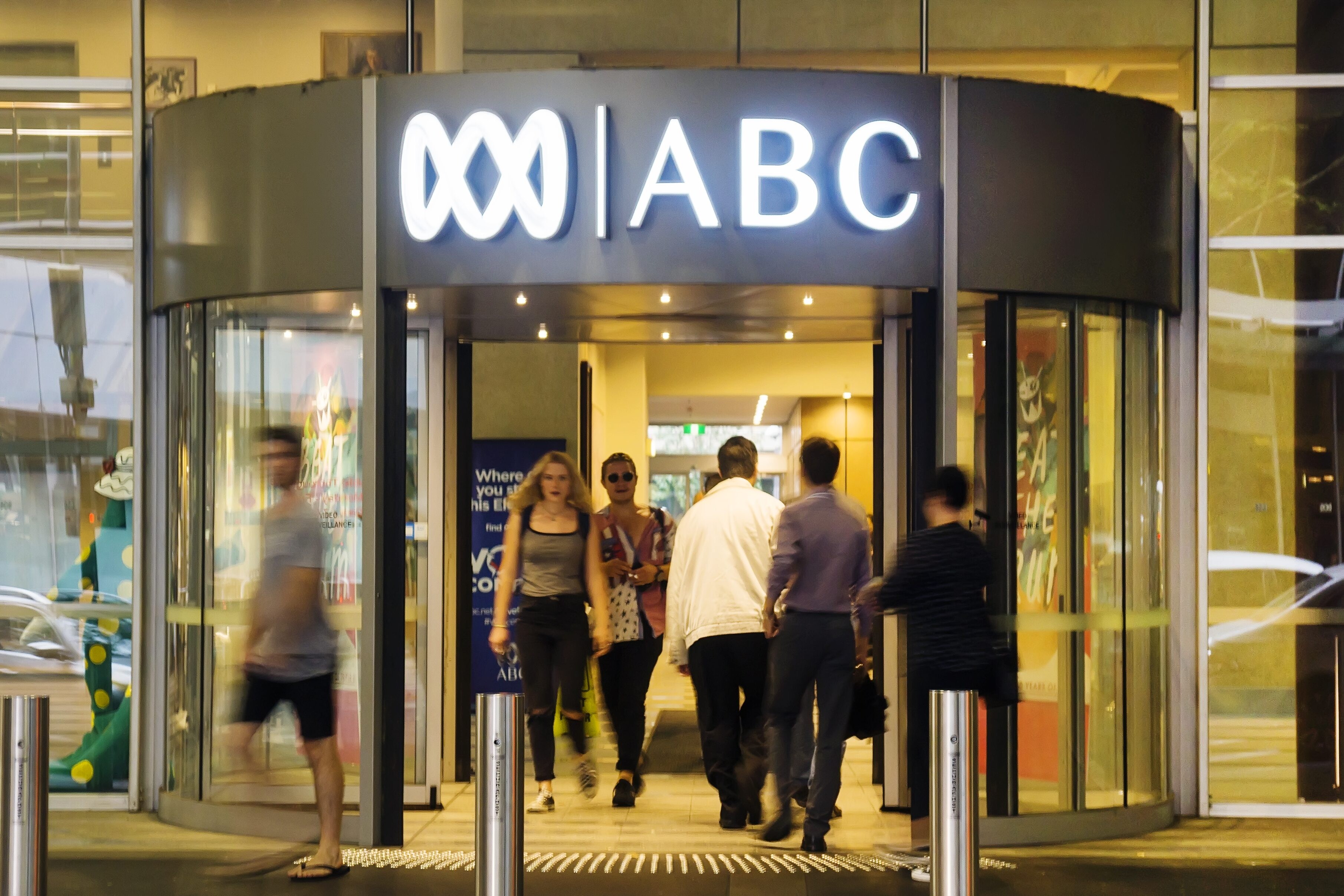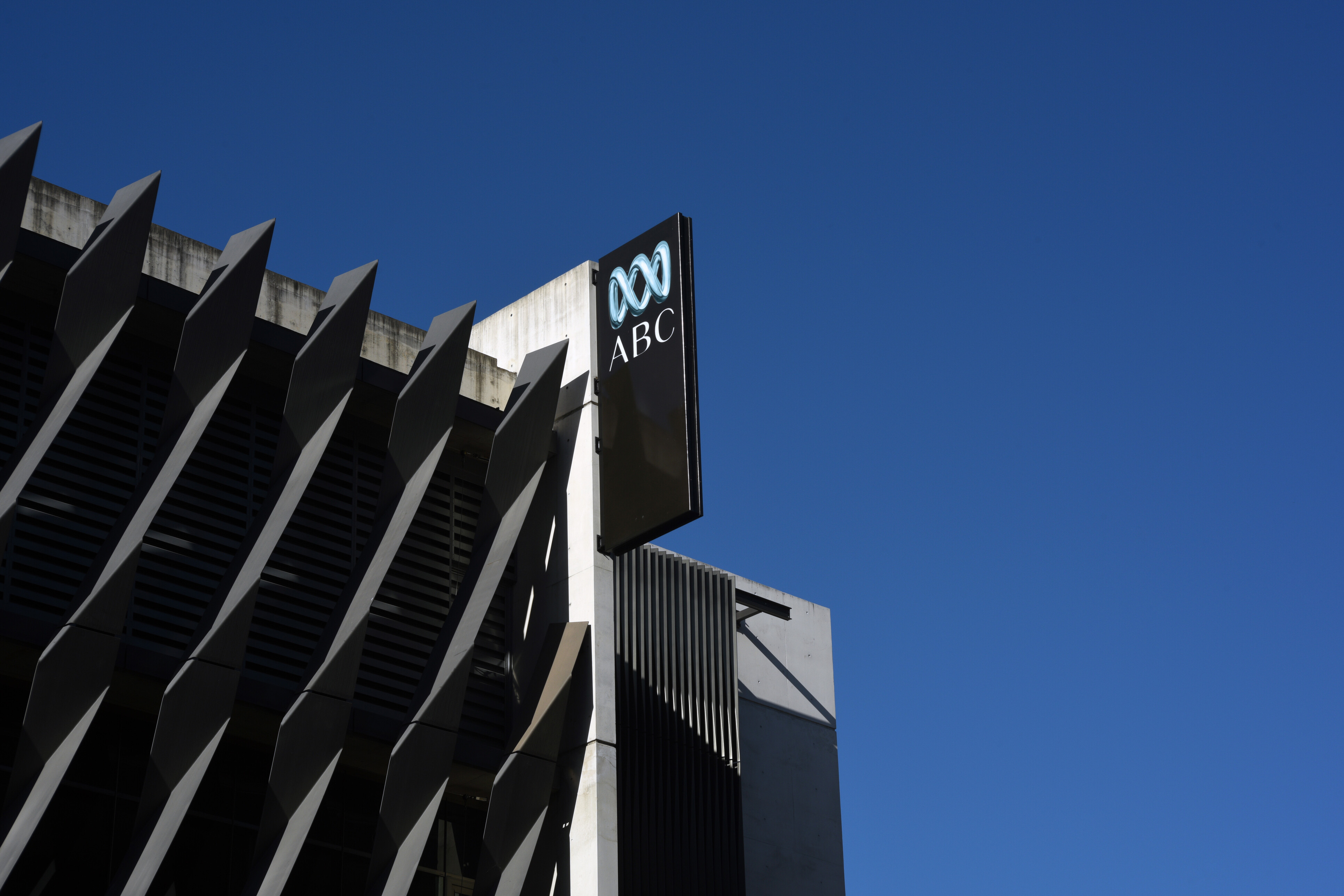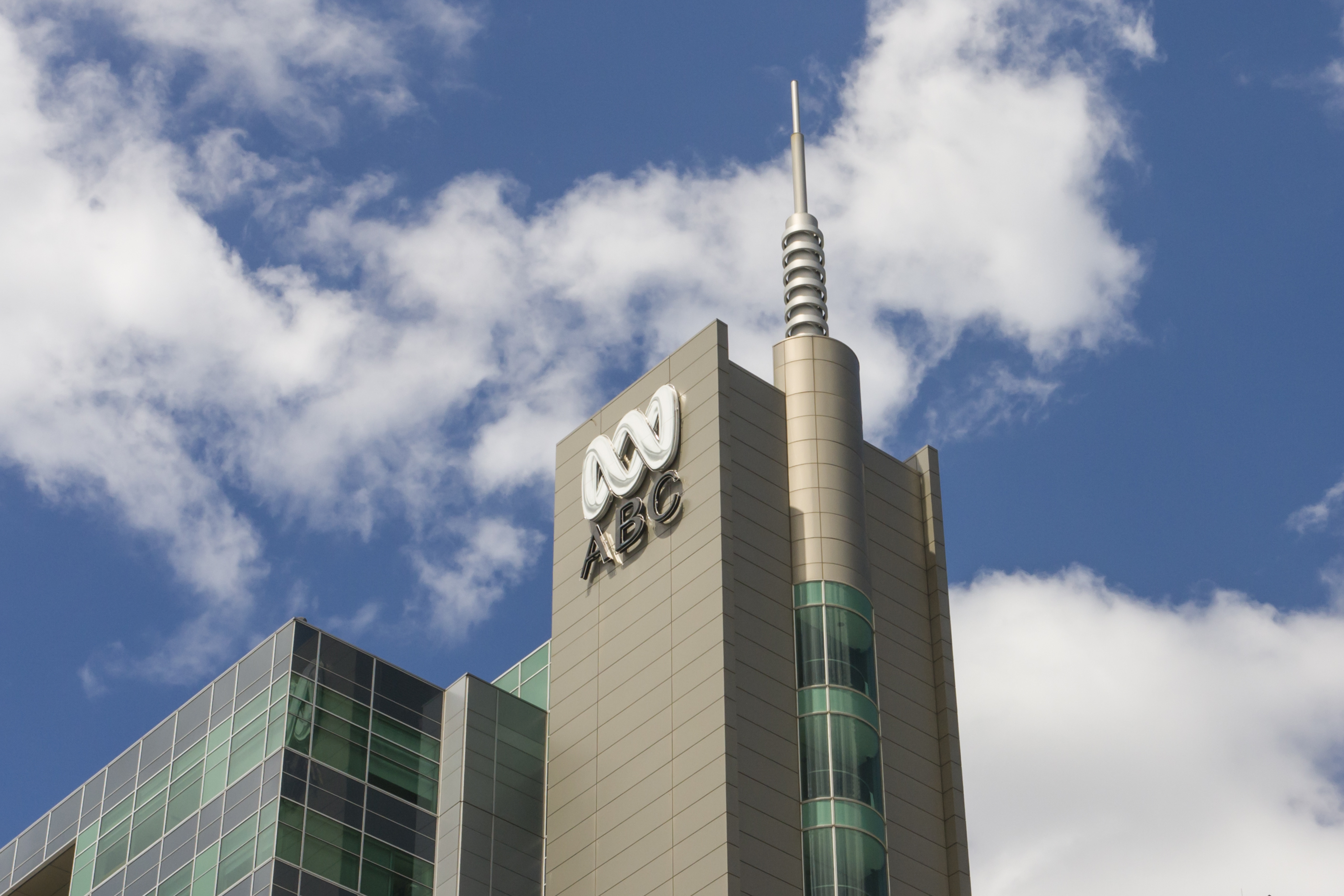New press freedom ‘safeguard’ could offer more protection following June raids on the Australian Broadcasting Corporation and News Corp journalist, but does it go far enough?
The new directive issued by Australia’s Federal Attorney-General, Christian Porter, comes four months after the unprecedented raids by the Australian Federal Police (AFP) on the Australian Broadcasting Corporation’s (ABC) headquarters and News Corp journalist Annika Smethurst’s home.
Issued following intense pressure to better protect press freedom by media outlets, politicians and the public, the directive instructs prosecutors not to charge journalists under certain sections of the country’s secrecy laws without formal approval from the Attorney-General himself.
In theory this would add a further safeguard to potential prosecutions under the complex set of laws and allow “the most detailed and cautious consideration of how an allegation of a serious offence should be balanced with our commitment to freedom of the press”, according to Porter.
Apprehension and limitations
However, the directive does not specifically mention individual cases, such as the raids on ABC over a series of investigative reports from 2017, which revealed allegations of unlawful killings and misconduct committed by Australian troops in Afghanistan. Two ABC journalists, Dan Oakes and Sam Clark, are still facing possible charges.
It has also been widely regarded as “limited” in scope, with the ABC recognising it as “one plank in a raft of legislative reform” that the organisation identified in its submissions to the media freedom inquiries that were launched following the raids.
Read more: Why the raids on Australian media present a clear threat to democracy
There is also considerable risk that the directive could put journalists under more intense pressure to keep the federal government onside. Speaking to the ABC, Law Council of Australia President Arthur Moses SC said:
“It puts the Attorney-General, who after all is a politician, in the position of authorising prosecutions of journalists in situations where they may have written stories critical of his Government.
“It creates an apprehension on the part of journalists that they will need to curry favour with the Government or, in particular, the Attorney-General in order to avoid prosecution.
With the raids largely interpreted as the direct intimidation of journalists by the Australian government, the safeguard also raises serious concerns about the independence of the Attorney-General and whether future decisions on potential prosecutions could be based on a desire to protect the government.
In a tweet, the Executive Editor of ABC News, John Lyons – who live tweeted the raid in June – also shared concerns about the discretionary element of the directive, and called for greater protections for journalists and whistleblowers.
This may give some protection but is at discretion of politicians. For journos under investigation 4 doing their jobs – Dan Oakes, Sam Clark, Annika Smethurst – hopefully this is positive but it shows we need clear protections 4 whistleblowers, journos which are NOT discretionary https://t.co/LeIb2C3tnB
— John Lyons (@TheLyonsDen) September 30, 2019
Inquiries continue
The raids in June revealed the severe lack of protections available to journalists and whistleblowers in Australia, with serious implications for press freedom and the ability of journalists to report on issues of public interest and hold power to account.
Parliamentary inquiries into the raids are ongoing as too are challenges to the validity of the search warrants.
The inquiries have been used by media organisations to call for stronger legal protections for whistleblowers, the right to contest warrants before they are carried out and the exemption of journalism from various national security offences.
Yet, despite asserting that press freedom is fundamental to the country’s democracy, the AFP’s submission claimed that this was only in so far as it is “balanced with the imperative to protect national security”.
Read more: Home affairs refuses to divulge how many warrants sought to investigate journalists
Speaking at an event for the New South Wales Council for Civil Liberties in September, ABC Chair, Ita Buttrose, said: “We have always supposed we have a free press. That belief has been shaken to the core in recent times”.
Highlighting a growth complacency, compliancy and declining trust in democratic institutions and the media, she continued:
“We have taken the privilege of democracy for granted for too long. It is impossible to understate the importance of the public’s right to know and the media’s ability to inform.”
Header Image: Sydney, Australia – October 18, 2014: The ABC Ultimo Centre, the headquarters of the Australian Broadcasting Corporation. Credit: lleerogers/istock
Related Posts
9th August 2019
Update | Another government agency involved in ABC raid?
As the parliamentary inquiry into the…
24th June 2019
Update | ABC lodge application to set aside warrant
The ABC lodged a court application to…


